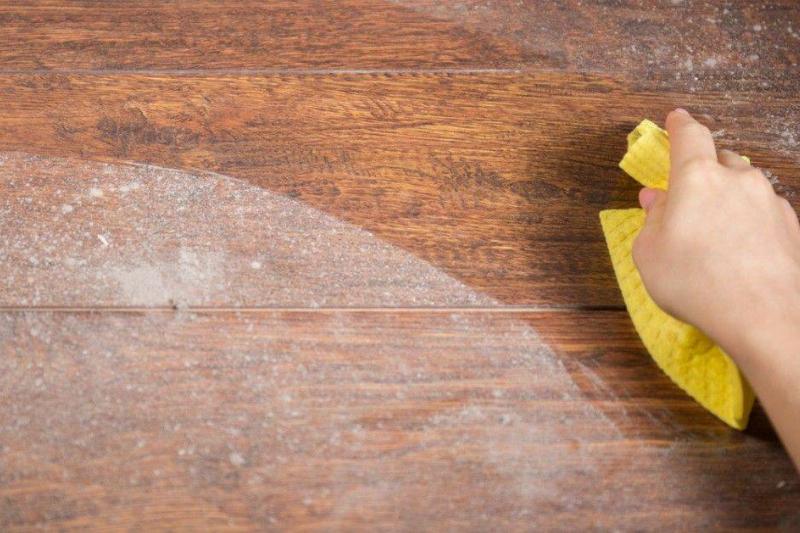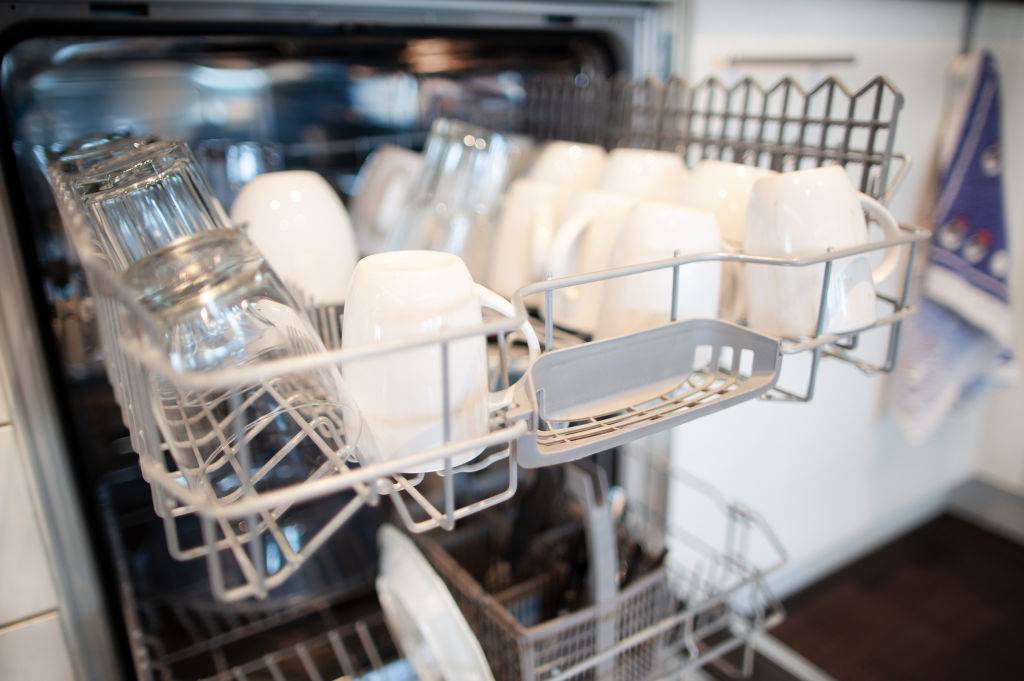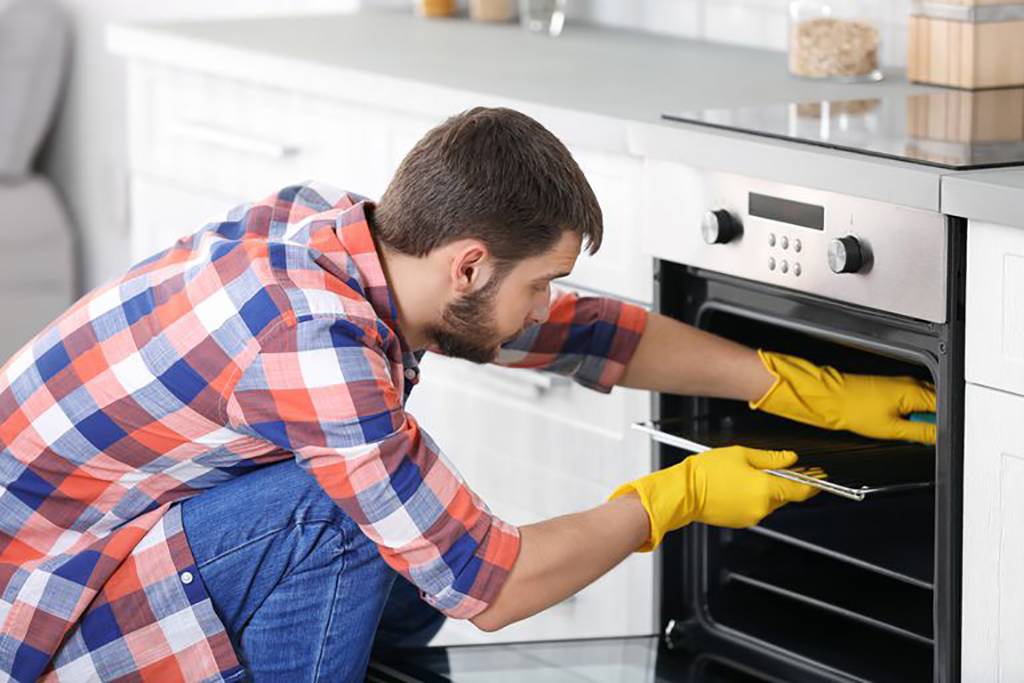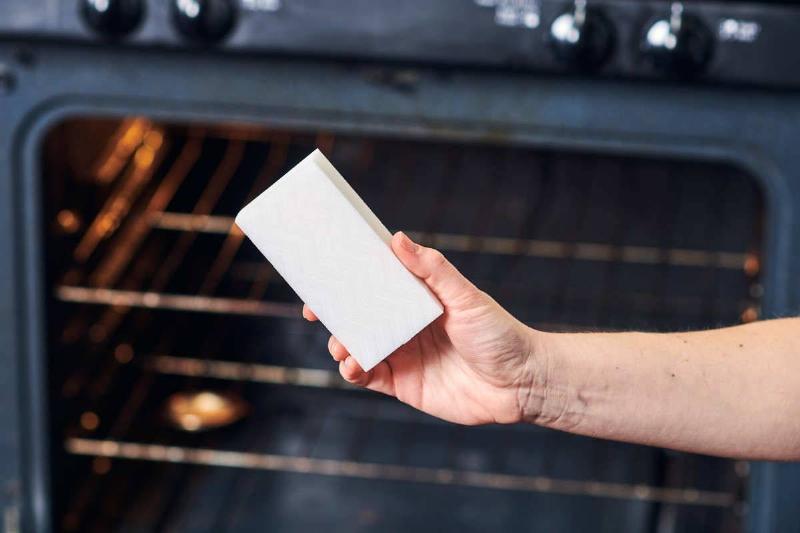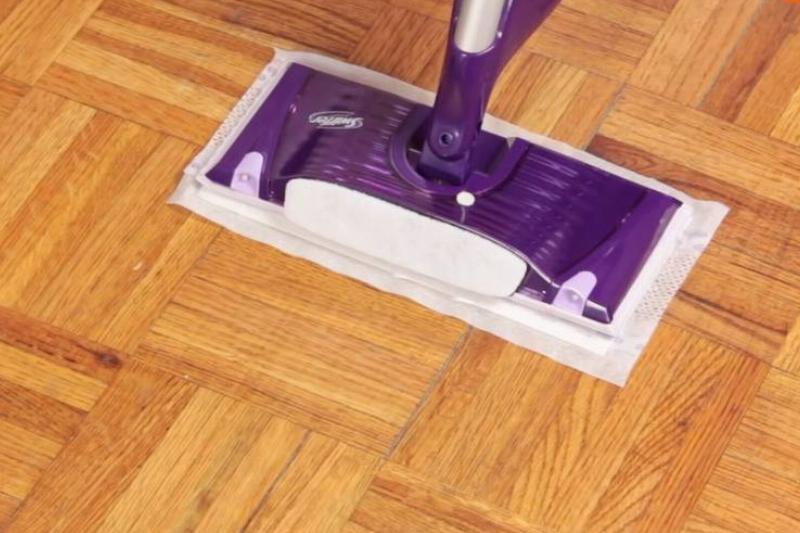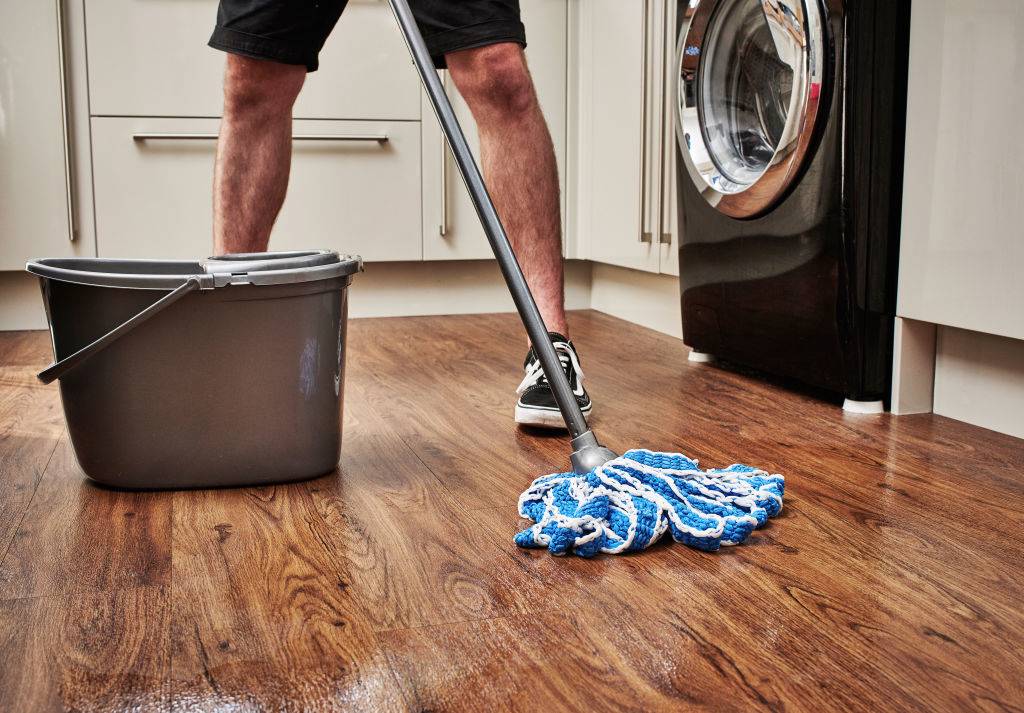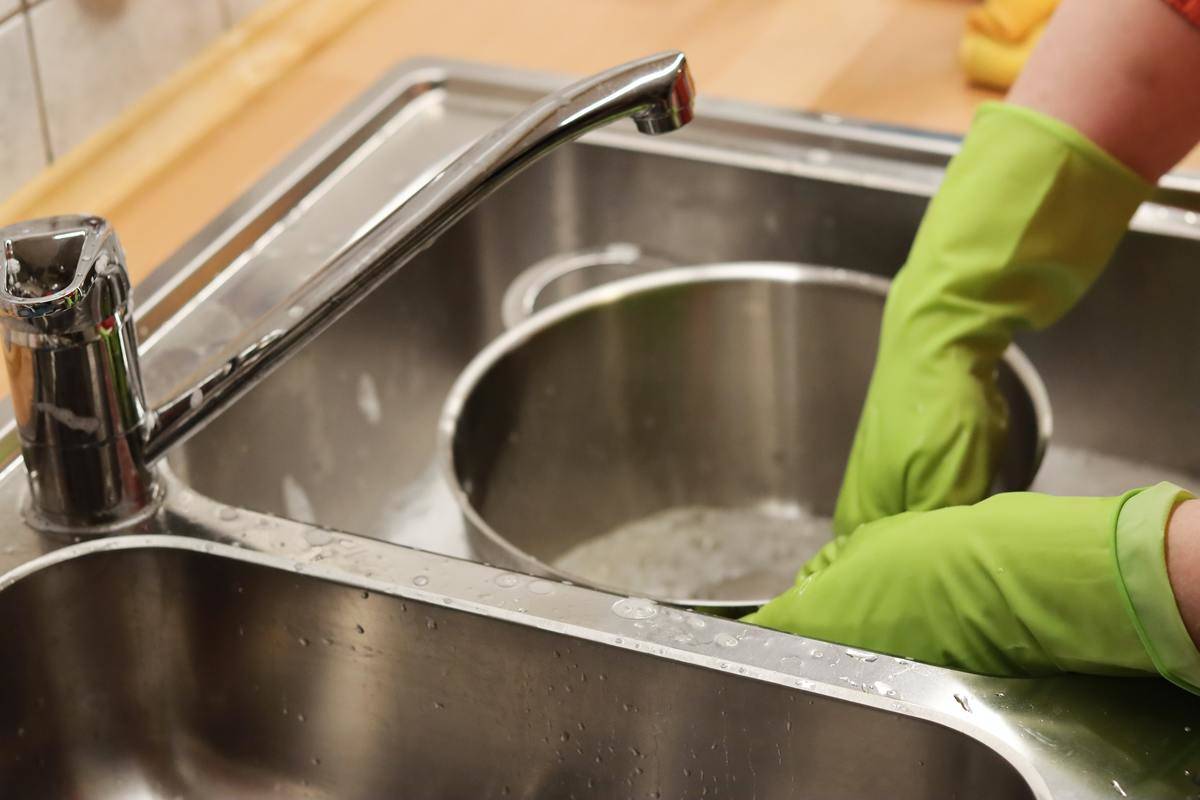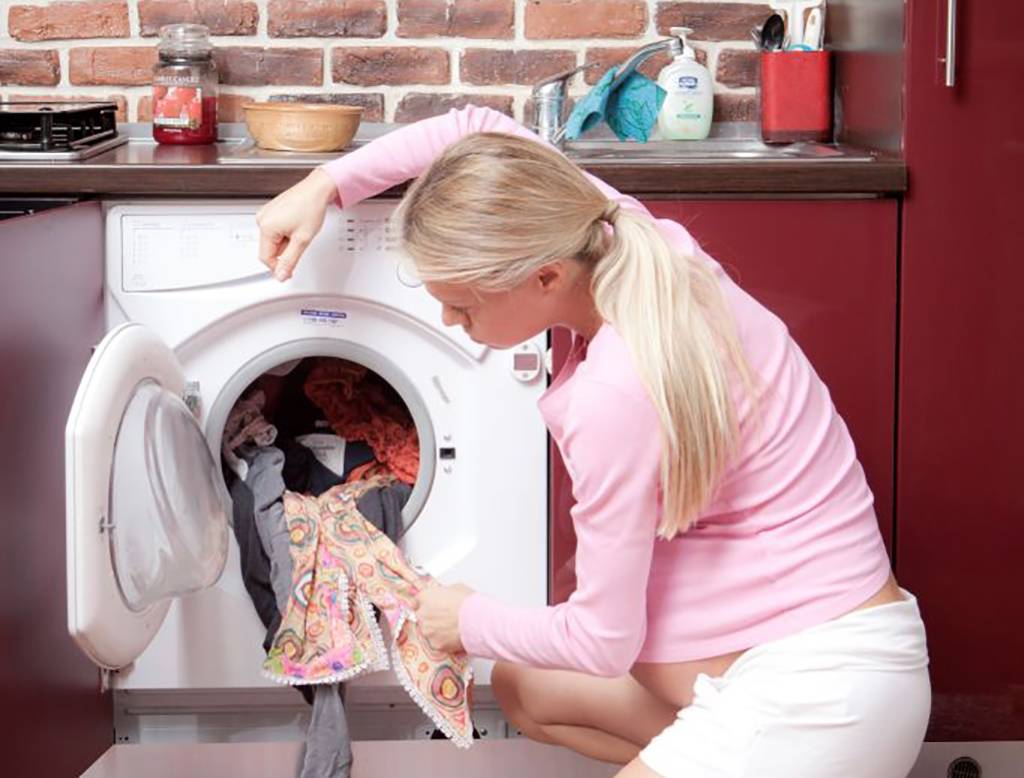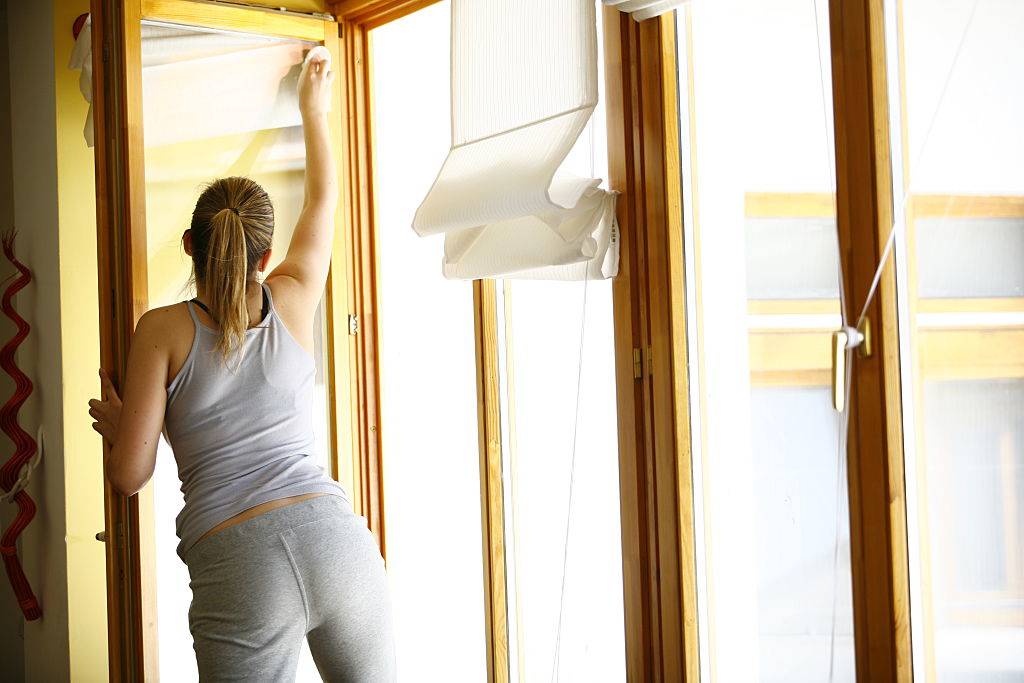If you’re going to take the time and energy to clean, you might as well make sure that you’re doing it right and not making more work for yourself. Unknown to many, there are countless common cleaning practices that can actually cause more harm to good. See what they are and how you can avoid them.
Using Microfiber Single-Use Dusting Cloths
While they may seem cheap and convenient (because they are), if you need to dust, it’s in your best interest to steer clear of using microfiber dusting cloths. This is because these products rely on static to collect dust, but most people don’t know that the static remains on whatever surface you were cleaning, which attracts even more dust than before. So, if you use these and think you just dusted something that’s dirty already, you’re probably right.
Running Your Dishwasher When It Isn’t Full
Basically, if your dishwasher isn’t completely full, there really isn’t any need for you to be running it. Not only does it take as much energy to wash a few dishes as it does a full load, you could also be putting your dishwasher at risk of damage. According to Jennifer Rodriguez, chief hygiene officer at Pro Housekeepers, washing small loads of dishes can “increase the chances of damaging your dishwasher with higher usage.” Just wait until it’s full!
Using Abrasive Pads On Stainless Steel
Some people might spend the extra money on stainless steel because it’s durable and can last longer, it isn’t indestructible. While getting any stuck-on grime or grease off of stainless steel may seem like the job for an abrasive pad, that’s not what you want to do. Using an abrasive pad can actually leave behind scratches, and those are much harder to get off than any stain.
To avoid this, it’s best to clean spills as soon as they happen so they don’t solidify.
Putting Wooden Cutting Boards In The Dishwasher
Having a dishwasher can be a lifesaver. Not only does it save you time, but you can clean countless dishes in one load and know they will come out clean. However, you don’t want to put everything in the dishwasher, and this includes your wooden cutting boards.
Exposing these to the heat and water in the dishwasher can cause the wood to split and crack. To stay on the safe side, your best bet is to just wash them by hand with soap and water and dry them thoroughly before putting them away.
Magic Erasers On Reflective Surfaces
There’s no denying that Magic Erasers work really well. In fact, they work so well that people assume that they do the trick on everything. Unfortunately, that’s not the case.
If you use a Magic Eraser on surfaces such as mirrors, glass, or other shiny/reflective surfaces, they’re going to end up looking cloudy. Although they may be great for getting markers off your freshly painted walls, stick to Windex for other things that you want to keep shiny and clean.
Using A Spray Mop On Your Floors
When spray mops first came on the market, it was the best thing since sliced bread for a lot of people. Say goodbye to using a bucket and mop to clean your floors, since this gets it done all at once. Unfortunately, they may not be as great as people think.
Supposedly, spray mops like the Swiffer Wet Jet tend to leave behind a sticky residue on the floor that makes it look shiny and clean but causes dirt to stick to it.
Leaving Water On Your Hardwood Floors
A mop and a bucket of water may seem like the most obvious and efficient way to clean hardwood floors, but you could be seriously damaging them in the process. Many people use far more water than they need for the job, and too much water on hardwood floors can cause them to become weak and even warp. To properly mop your hardwood floors, use a damp mop and then quickly go over the surface with a drying cloth so there’s no water left behind.
Cleaning With The Wrong Type Of Sponge
Some people may assume that when it comes to dishes, one sponge can get the job done for just about everything. However, they would be sadly mistaken. If you’re washing ceramic, nonstick, or metallic pots and pans, a regular yellow sponge will do just fine.
However, if you are cleaning cast iron or stainless steel, you’ll want to use metal or more abrasive sponges. If you end up using these more abrasive sponges on your nonstick, metallics, and ceramic, it will greatly shorten the lifespan of the dish.
Always Washing Your Clothes With Hot Water
While washing items in hot water can help get rid of stains, it isn’t good to do all of the time. Not only does it take up more energy than necessary, costing you money, but it can damage your clothes. Hot water can be detrimental to many fabrics, and repeated hot water washing will lead to fading.
It’s suggested that you wash most of your clothes in the cold setting and save the hot water for your all-white loads.
Cleaning Windows In The Sun
Let’s face it, cleaning windows is one of the least fun chores to do around the house. Nevertheless, it needs to be done. So, if you’re going to do it, make it count so you don’t have to go over it a second or even third time! This means choosing the appropriate time of the day to do so.
You don’t want to wash your windows directly in the sun because the heat dries the glass cleaner faster and can leave streaks.

